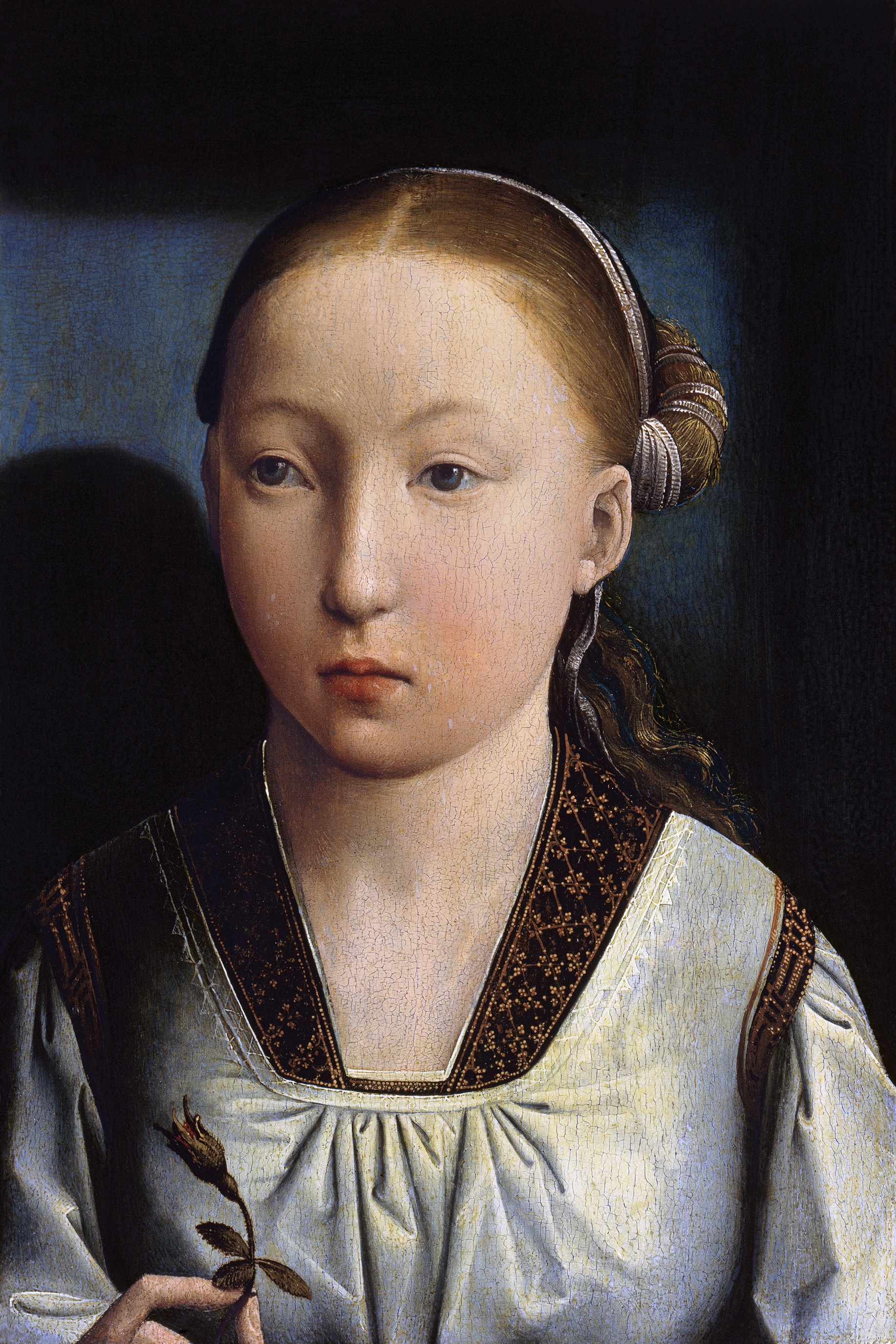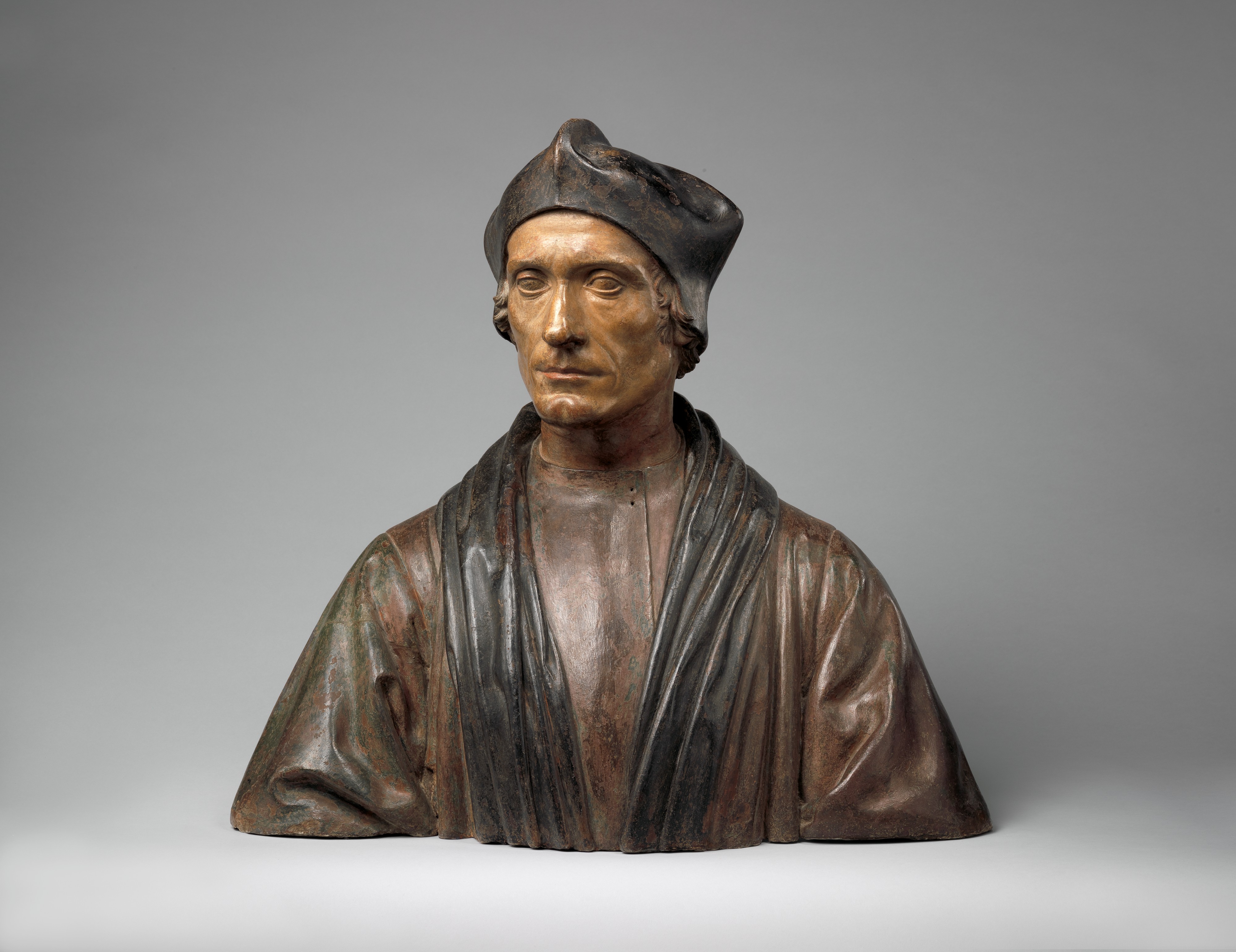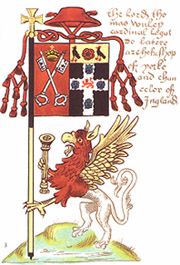|
Thomas Audeley
Thomas Audley, 1st Baron Audley of Walden KG, PC, KS (30 April 1544), was an English barrister and judge who served as Lord Chancellor of England from 1533 to 1544. Early life Audley was born in Earls Colne, Essex, the son of Geoffrey Audley, and is believed to have studied at Buckingham College, Cambridge, now known as Magdalene College. He was educated for the law, entered the Inner Temple, was named town clerk of Colchester in 1514, and became Justice of the Peace for Essex in November 1520. Career in Parliament In 1523 Audley was returned to Parliament for Essex, and represented this constituency in subsequent Parliaments. In 1527 he was Groom of the Chamber, and became a member of Wolsey's household. On the fall of the latter in 1529, he was made Chancellor of the Duchy of Lancaster, and the same year Speaker of the House of Commons, presiding over the famous assembly styled the Reformation Parliament, which abolished the papal jurisdiction. The same year he headed ... [...More Info...] [...Related Items...] OR: [Wikipedia] [Google] [Baidu] |
The Right Honourable
''The Right Honourable'' (abbreviation: ''Rt Hon.'' or variations) is an honorific Style (form of address), style traditionally applied to certain persons and collective bodies in the United Kingdom, the former British Empire and the Commonwealth of Nations. The term is predominantly used today as a style associated with the holding of certain senior public offices in the United Kingdom, Canada, New Zealand, and to a lesser extent, Australia. ''Right'' in this context is an adverb meaning 'very' or 'fully'. Grammatically, ''The Right Honourable'' is an adjectival phrase which gives information about a person. As such, it is not considered correct to apply it in direct address, nor to use it on its own as a title in place of a name; but rather it is used in the Grammatical person, third person along with a name or noun to be modified. ''Right'' may be abbreviated to ''Rt'', and ''Honourable'' to ''Hon.'', or both. ''The'' is sometimes dropped in written abbreviated form, but is al ... [...More Info...] [...Related Items...] OR: [Wikipedia] [Google] [Baidu] |
England
England is a country that is part of the United Kingdom. It shares land borders with Wales to its west and Scotland to its north. The Irish Sea lies northwest and the Celtic Sea to the southwest. It is separated from continental Europe by the North Sea to the east and the English Channel to the south. The country covers five-eighths of the island of Great Britain, which lies in the North Atlantic, and includes over 100 smaller islands, such as the Isles of Scilly and the Isle of Wight. The area now called England was first inhabited by modern humans during the Upper Paleolithic period, but takes its name from the Angles, a Germanic tribe deriving its name from the Anglia peninsula, who settled during the 5th and 6th centuries. England became a unified state in the 10th century and has had a significant cultural and legal impact on the wider world since the Age of Discovery, which began during the 15th century. The English language, the Anglican Church, and Engli ... [...More Info...] [...Related Items...] OR: [Wikipedia] [Google] [Baidu] |
Catherine Of Aragon
Catherine of Aragon (also spelt as Katherine, ; 16 December 1485 – 7 January 1536) was Queen of England as the first wife of King Henry VIII from their marriage on 11 June 1509 until their annulment on 23 May 1533. She was previously Princess of Wales as the wife of Henry's elder brother, Arthur, Prince of Wales. The daughter of Isabella I of Castile and Ferdinand II of Aragon, Catherine was three years old when she was betrothed to Prince Arthur, heir apparent to the English throne. They married in 1501, but Arthur died five months later. Catherine spent years in limbo, and during this time, she held the position of ambassador of the Aragonese crown to England in 1507, the first known female ambassador in European history. She married Arthur's younger brother, the recently ascended Henry VIII, in 1509. For six months in 1513, she served as regent of England while Henry VIII was in France. During that time the English crushed and defeated a Scottish invasion at ... [...More Info...] [...Related Items...] OR: [Wikipedia] [Google] [Baidu] |
John Fisher
John Fisher (c. 19 October 1469 – 22 June 1535) was an English Catholic bishop, cardinal, and theologian. Fisher was also an academic and Chancellor of the University of Cambridge. He was canonized by Pope Pius XI. Fisher was executed by order of Henry VIII during the English Reformation for refusing to accept him as the supreme head of the Church of England and for upholding the Catholic Church's doctrine of papal supremacy. He was named a cardinal shortly before his death. He is honoured as a martyr and saint by the Catholic Church. He shares his feast day with Thomas More on 22 June in the Catholic calendar of saints and on 6 July in that of the Church of England. Early life John Fisher was born in Beverley, Yorkshire, in 1469, the eldest son of Robert Fisher, a modestly prosperous merchant of Beverley, and Agnes, his wife. He was one of four children. His father died when John was eight. His mother remarried and had five more children by her second husband, William Wh ... [...More Info...] [...Related Items...] OR: [Wikipedia] [Google] [Baidu] |
English Reformation Parliament
The English Reformation Parliament, which sat from 3 November 1529 to 14 April 1536, was the English Parliament that passed the major pieces of legislation leading to the Break with Rome and establishment of the Church of England. In Scotland, the 1560 Parliament had a similar role. Sitting in the reign of King Henry VIII of England, the Reformation Parliament was the first to deal with major religious legislation, much of it orchestrated by Thomas Cromwell. Background After the failure of Cardinal Wolsey to win the Court of Blackfriars, Henry VIII was frustrated. He was left without a male heir, and his wife, Catherine of Aragon, was considered to be past child-bearing age. In 1529, Henry opened what would later become known as the English Reformation Parliament. It opened in the month of October and ran until December 1529 without forming a coherent plan on what to do. Because of this, Henry used it to discredit Wolsey. Soon after this Henry turned his attentions to the ... [...More Info...] [...Related Items...] OR: [Wikipedia] [Google] [Baidu] |
Chancellor Of The Duchy Of Lancaster
The chancellor of the Duchy of Lancaster is a ministerial office in the Government of the United Kingdom. The position is the second highest ranking minister in the Cabinet Office, immediately after the Prime Minister, and senior to the Minister for the Cabinet Office. The role includes as part of its duties the administration of the estates and rents of the Duchy of Lancaster. Formally, the chancellor of the Duchy of Lancaster is appointed by the Sovereign on the advice of the prime minister, and is answerable to Parliament for the governance of the Duchy. In modern times, however, the involvement of the chancellor in the running of the day-to-day affairs of the Duchy is slight, and the office is held by a senior politician whose main role is usually quite different. In practical terms, it is a sinecure, allowing the prime minister to appoint an additional minister without portfolio to the Cabinet of the United Kingdom. In September 2021 the role was endowed with responsibilit ... [...More Info...] [...Related Items...] OR: [Wikipedia] [Google] [Baidu] |
Thomas Wolsey
Thomas Wolsey ( – 29 November 1530) was an English statesman and Catholic bishop. When Henry VIII became King of England in 1509, Wolsey became the king's Lord High Almoner, almoner. Wolsey's affairs prospered and by 1514 he had become the controlling figure in virtually all matters of state. He also held important ecclesiastical appointments. These included the Archbishopric of York—the second most important role in the English church—and that of papal legate. His appointment as a Cardinal (Catholic Church), cardinal by Pope Leo X in 1515 gave him precedence over all other English clergy. The highest political position Wolsey attained was Lord Chancellor, the king's chief adviser (formally, as his successor and disciple Thomas Cromwell was not). In that position, he enjoyed great freedom and was often depicted as an ''alter rex'' ("other king"). After failing to negotiate an annulment of Henry's marriage to Catherine of Aragon, Wolsey fell out of favour and was strippe ... [...More Info...] [...Related Items...] OR: [Wikipedia] [Google] [Baidu] |
Groom Of The Chamber
Groom of the Chamber was a position in the Household of the monarch in early modern England. Other ''Ancien Régime'' royal establishments in Europe had comparable officers, often with similar titles. In France, the Duchy of Burgundy, and in England while French was still the language of the court, the title was varlet or valet de chambre. In German, Danish and Russian the term was "Kammerjunker" and in Swedish the similar "Kammarjunkare". In England after the Restoration, appointments in the King's Household included Groom of the Great Chamber, Groom of the Privy Chamber and Groom of the Bedchamber. The first two positions were appointed by Lord Chamberlain's warrant; the third, of greater importance, was a Crown appointment. Medieval and early-modern England Traditionally, the English Court was organized into three branches or departments: # the Household, primarily concerned with fiscal more than domestic matters, the "royal purse;" # the Chamber, concerned with the ''Pre ... [...More Info...] [...Related Items...] OR: [Wikipedia] [Google] [Baidu] |
Essex (UK Parliament Constituency)
Essex was a constituency represented in the House of Commons of the Parliament of the United Kingdom from 1290 until 1832. It elected two MPs, traditionally referred to as Knights of the Shire, to the House of Commons. It was divided into two single member constituencies ( Essex North and Essex South) in the Great Reform Act. Area covered (current units) *East of England **Essex *London ** Barking and Dagenham ** Havering **Newham ** Redbridge **Waltham Forest Members of Parliament 1290-1640 1640-1832 * Apr 1640: Sir Thomas Barrington, Sir Harbottle Grimston * Nov 1640: Lord Rich; Sir William Masham * 1641: Rich elevated to the House of Lords - replaced by Sir Martin Lumley * 1648: Lumley excluded under Pride's Purge * 1653: Joachim Matthews; Henry Barrington; John Brewster; Christopher Earl; Dudley Templer * 1654: Sir William Masham Bt; Sir Richard Everard, 1st Baronet of Much Waltham; Sir Thomas Honywood; Sir Thomas Bowes; Henry Mildmay (of Graces); ... [...More Info...] [...Related Items...] OR: [Wikipedia] [Google] [Baidu] |
Essex, England
Essex () is a county in the East of England. One of the home counties, it borders Suffolk and Cambridgeshire to the north, the North Sea to the east, Hertfordshire to the west, Kent across the estuary of the River Thames to the south, and Greater London to the south and south-west. There are three cities in Essex: Southend, Colchester and Chelmsford, in order of population. For the purposes of government statistics, Essex is placed in the East of England region. There are four definitions of the extent of Essex, the widest being the ancient county. Next, the largest is the former postal county, followed by the ceremonial county, with the smallest being the administrative county—the area administered by the County Council, which excludes the two unitary authorities of Thurrock and Southend-on-Sea. The ceremonial county occupies the eastern part of what was, during the Early Middle Ages, the Anglo-Saxon Kingdom of Essex. As well as rural areas and urban areas, it forms part of ... [...More Info...] [...Related Items...] OR: [Wikipedia] [Google] [Baidu] |
Justice Of The Peace
A justice of the peace (JP) is a judicial officer of a lower or '' puisne'' court, elected or appointed by means of a commission ( letters patent) to keep the peace. In past centuries the term commissioner of the peace was often used with the same meaning. Depending on the jurisdiction, such justices dispense summary justice or merely deal with local administrative applications in common law jurisdictions. Justices of the peace are appointed or elected from the citizens of the jurisdiction in which they serve, and are (or were) usually not required to have any formal legal education in order to qualify for the office. Some jurisdictions have varying forms of training for JPs. History In 1195, Richard I ("the Lionheart") of England and his Minister Hubert Walter commissioned certain knights to preserve the peace in unruly areas. They were responsible to the King in ensuring that the law was upheld and preserving the " King's peace". Therefore, they were known as "keepers o ... [...More Info...] [...Related Items...] OR: [Wikipedia] [Google] [Baidu] |
Colchester
Colchester ( ) is a city in Essex, in the East of England. It had a population of 122,000 in 2011. The demonym is Colcestrian. Colchester occupies the site of Camulodunum, the first major city in Roman Britain and its first capital. Colchester therefore claims to be Britain's first city. It has been an important military base since the Roman era, with Colchester Garrison currently housing the 16th Air Assault Brigade. Situated on the River Colne, Colchester is northeast of London. The city is connected to London by the A12 road and the Great Eastern Main Line railway. Colchester is less than from London Stansted Airport and from the port of Harwich. Attractions in and around the city include Colchester United Football Club, Colchester Zoo, and several art galleries. Colchester Castle was constructed in the eleventh century on earlier Roman foundations; it now contains a museum. The main campus of the University of Essex is located just outside the city. Local go ... [...More Info...] [...Related Items...] OR: [Wikipedia] [Google] [Baidu] |

_(cropped).jpg)




